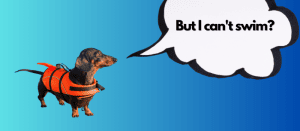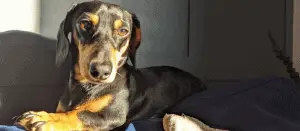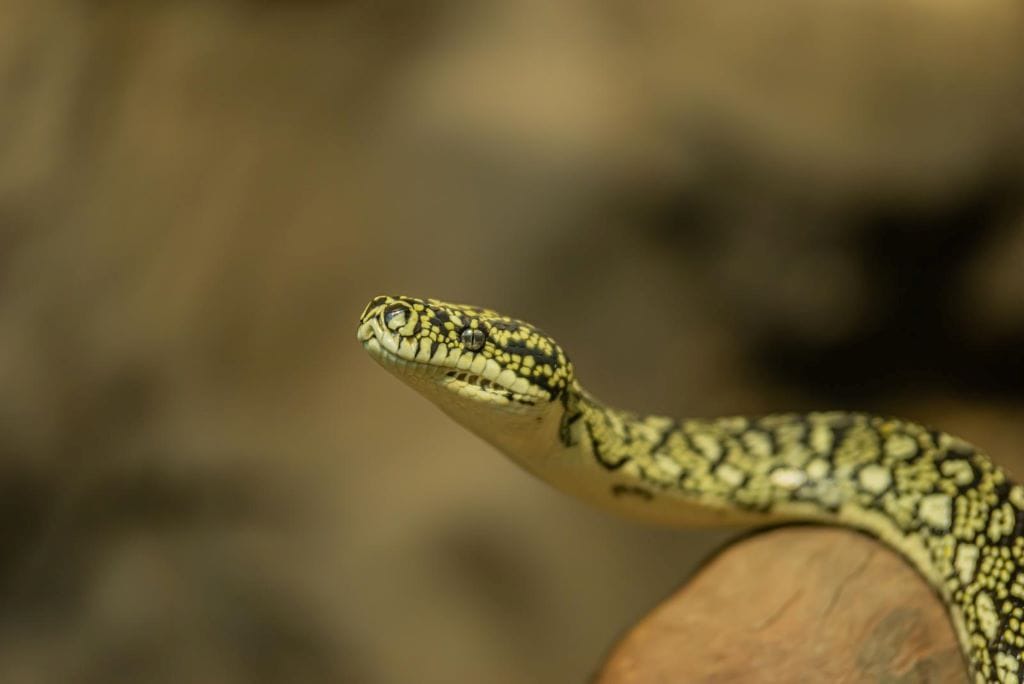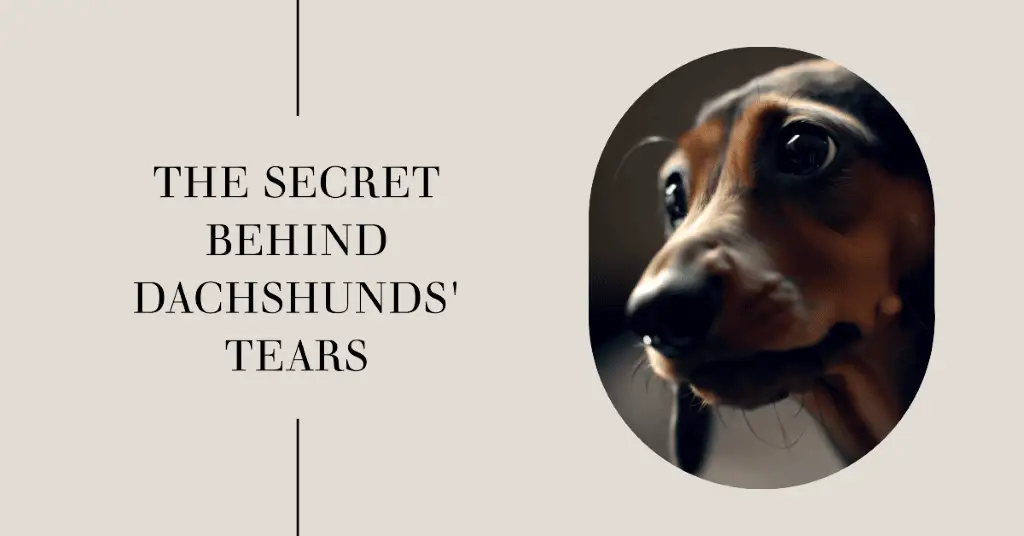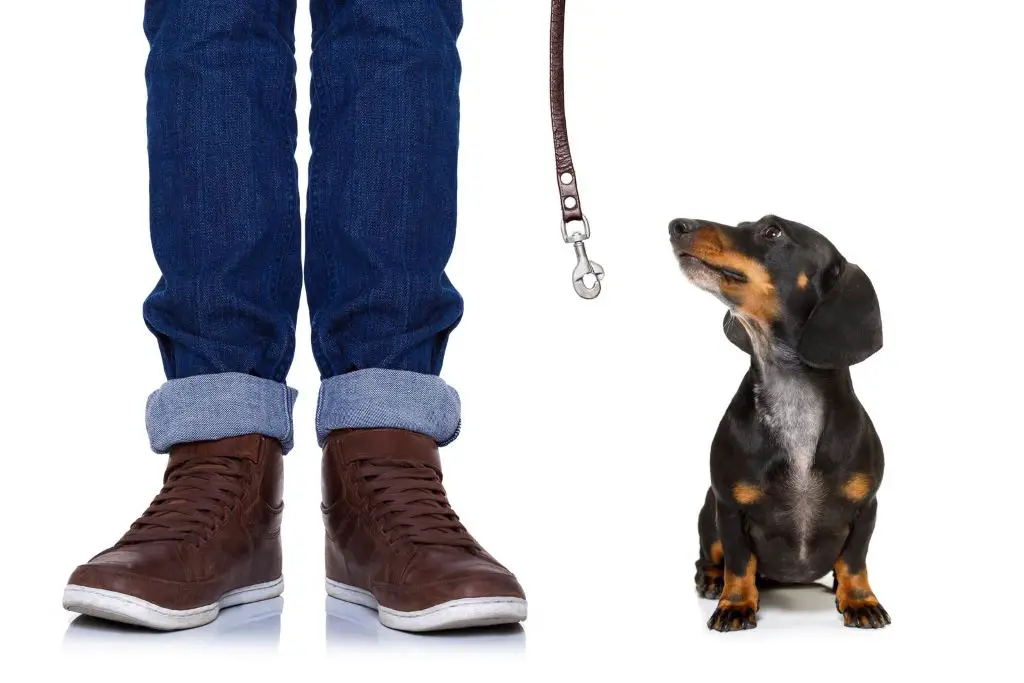Warning: Trying to access array offset on value of type bool in /home/u778996160/domains/dachshundtalk.com/public_html/wp-content/plugins/wp-word-count/public/class-wpwc-public.php on line 123
Warning: Trying to access array offset on value of type bool in /home/u778996160/domains/dachshundtalk.com/public_html/wp-content/plugins/wp-word-count/public/class-wpwc-public.php on line 123
Bad eyesight in dogs isn’t an uncommon scenario, so if you think your Dachshund may be experiencing loss of sight, there’s no need to worry. There are certain medical conditions that could occur, but if you can identify the signs, figure out a diagnosis, and locate treatment for the issue, your Dachshund can be saved a lifetime of continual eyesight loss.
We want to help you keep your Dachshund safe and healthy, so throughout this article, we’ll be providing potential eye problems, prevention methods, symptoms, treatments, and more. We know you care about your dog. Taking preventive steps is the best way to solve future issues and keep your dog healthy.
The Most Common Eye Problems in Dachshunds
Everyone loves puppy eyes, but unfortunately, Dachshunds have eyes that are prone to infections and other health issues. Eye issues in Dachshunds are extremely common, but there are steps to prevent the onset of infections or diseases. If you’re noticing symptoms of an eye-related health issue in your Dachshund or hope to prevent future ones, thoroughly read on.
Cataracts

Cataracts are a major cause of blindness in many dog breeds and are especially seen in older dogs. The chances of Dachshunds developing cataracts are high, especially if they already have diabetes or if they’re growing old.
Symptoms of cataracts include:
- An appearance of milky white eyes
- A cloudy film that forms on the lens of the dog’s eyes
Causes of Cataracts & Treatment
Cataracts are formed due to the imbalance of calcium and water in the eyes, and it can eventually lead to blindness. Surgical procedures are doable, but they can be highly expensive. If you have an older dachshund, you’ll want to weigh the pros and cons of providing surgery as well because they may struggle to cope with it at that age. Luckily, cataracts shouldn’t be painful or harmful to your Dachshund, so treat your dog with care and they’ll be okay.
Glaucoma
This is another common eye problem seen in Dachshunds. Glaucoma occurs when the fluid chambers of the eyes don’t function properly, and this can lead to uncomfortable symptoms and vision loss. Humans can also get glaucoma and the causes and symptoms are often similar.
Symptoms of glaucoma include:
- Blurry vision
- Redness of the eyes
- Bulging, sometimes cloudy eyes
- Vision loss
- Eye pain
- Vomiting and lack of wellbeing
Causes of Glaucoma & Treatment
Glaucoma often occurs when fluids between the eye chamber are built up and thrown off balance. Drainage can be improved, which may help the issue. Unfortunately, glaucoma cannot be fully cured, but you have the potential to slow down its progression rate by taking your Dachshund to a vet and getting proper care. Many vets will prescribe prescription medication or surgical implants to help with drainage. If you notice signs of this health issue, it’s important to seek professional help.
Keratoconjunctivitis Sicca
That’s a mouthful to say, so we’ll stick to its common name: dry eye syndrome. This condition affects many dog breeds, but your Dachshund may be at risk. There’s a thickening of the cornea due to a lack of moisture in the eyes. This leads to a reduction in the level of tears produced and an irregularity in Dachshund’s eyes on the surface of the cornea. In the worst cases, it can lead to blindness.
Symptoms of Dry Eye Syndrome include:
- Scratching of the eyes
- Discharge of mucus from the eyes
- Discomfort in the area of the eyes
Causes of Dry Eye Syndrome & Treatment
The cause of this condition is the lack of enough tears in the eyes and a thickening of the cornea due to the lack of lubrication, which leads to sight loss. If untreated, it can lead to blindness. Through regular application of artificial tears though, you can save your Dachshunds eyesight and keep your dog happy and healthy. A surgical procedure can also be done, but it’s definitely more expensive.
Progressive Retinal Atrophy

Retinal Atrophy is a disease that occurs in dogs, and unfortunately, Dachshunds, in which the retina cells slowly begin to die. This causes vision impairment and possible blindness. You may notice worsening navigation skills in your dog, starting at night and then extending to during the day. This condition is simply a gradual loss of vision, so you may not notice any visual symptoms in the eyes. Look out for actions that may point to this condition.
Symptoms of Progressive Retinal Atrophy
- Bumping into objects during both the daytime and nighttime
- Increased difficulty navigating surroundings
Causes of Progressive Retinal Atrophy & Treatment
This condition is caused by the slow die-off of cells in the retina. This leads to the gradual loss of the ability to process light, which inhibits the effectiveness of vision. Sadly, there’s no cure or conventional treatment for this disease. Research is being done on potential long-term treatments, but the best thing you can do is to provide your Dachshund with love, care, space, and comfort.
How to Prevent Eye Problems?
Though Dachshunds are prone to eye conditions, you can take steps to reduce the risk of their onset or stop the worsening of them. Be sure to regularly check and clean your dog’s eyes. This will help you catch a condition before it gets worse. You can even perform a daily eye examination for your dog by checking for clearness, mucus formation, and other signs. It only takes a minute, and it could save your Dachshund years of blindness.
DNA testing is a way to check if your dog may have genetic conditions. They could even start on preventative medications if they notice records of a certain disorder. Even if they don’t have a history of eye disorders within their family, take care to notice changes in your dog, whether in actions or appearance.
Take Care of Your Dog
If you see any of the symptoms listed in this article, please see a vet as soon as possible. The health of your Dachshund is a priority, so getting a diagnosis and treatment at the beginning of the condition may save your dog’s eyesight. If your dog has any of these health issues, take good care of them. Let them know how much you care through the comfort you provide your dog. We wish your dog the best of health in the future.



